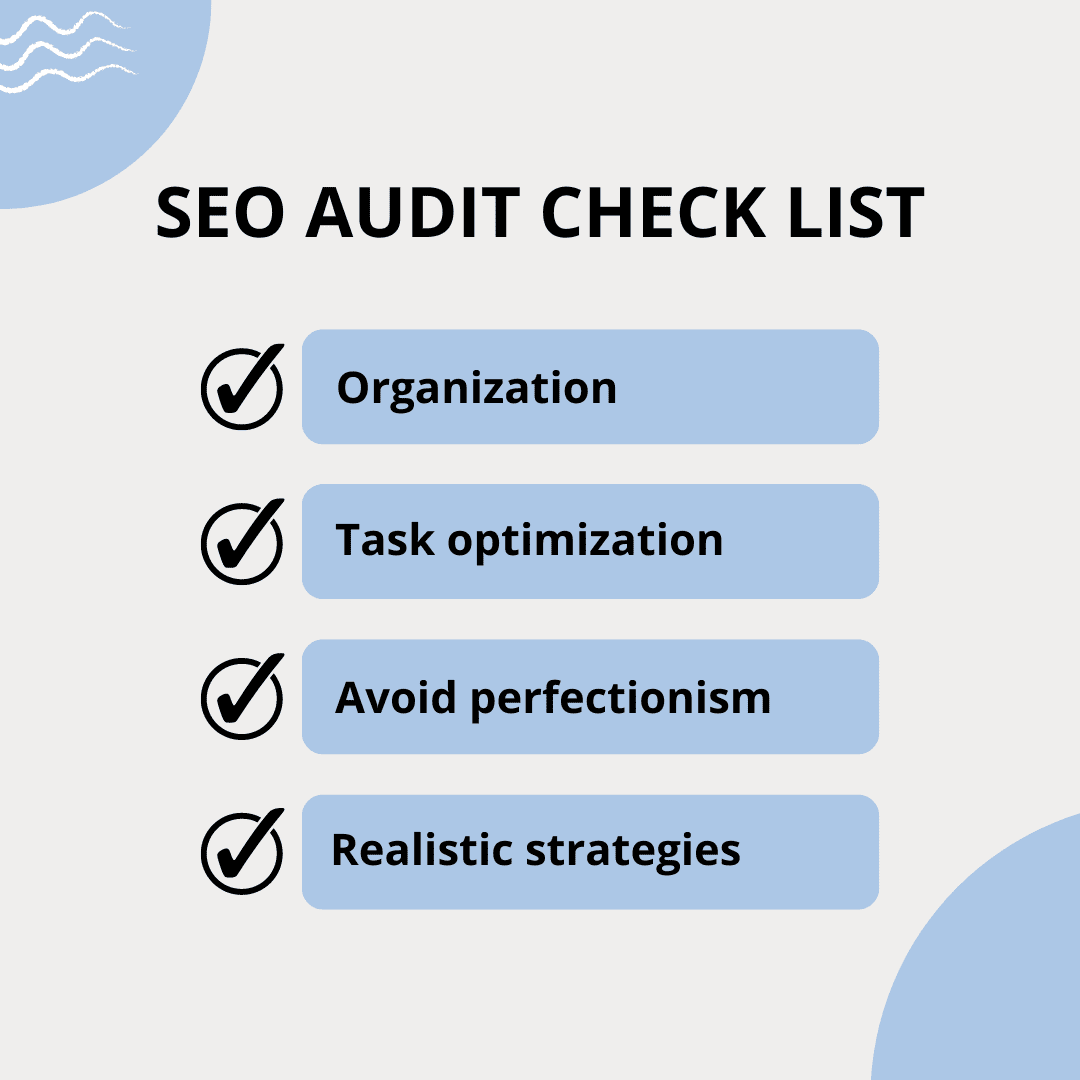Google Debunks Outbound Links for SEO: What It Means for Your Strategy
Search Engine Journal: Google clarifies the role of outbound (external) links in SEO. What impacts your SEO strategy and what to focus on for better search engine rankings?
What is Your Strategy?
The world of SEO, staying updated with Google’s algorithm changes and clarifications is crucial for maintaining and improving website’s search engine rankings. Recently, Google debunked a long-standing belief about the importance of outbound links for SEO. We explore the Google’s statement, its implications, and how you can adjust your SEO strategy accordingly.
What Google Said About Outbound Links
For years, SEO experts have debated the significance of outbound links—links from your website to external websites—in influencing search engine rankings. Many believed that including outbound links to authoritative sources could boost a page’s credibility and improve its SEO performance. However, Google recently clarified that outbound links are not a direct ranking factor in their algorithms, it will help to get more credibility, user engagement, etc.
According to Google, while outbound links can be useful for providing additional context and value to users, they do not directly impact a website’s position on search engine results pages (SERPs). Instead, Google emphasizes focusing on the quality of your content and the user experience.
What This Means for Your SEO Strategy
As per Google’s clarification, it’s essential to revisit your SEO strategy and prioritize the elements/ points that genuinely impact your rankings. Here are some key areas to focus on:
- High-Quality Content: Content remains king in SEO. Google favors websites that provide valuable, relevant, and well-researched content. Ensure that your content is original, engaging, and answers the queries of your target audience including relevant keywords like LSI, generic, long tails, etc.
- User Experience (UX): Google continues to prioritize websites that offer a positive user experience. This includes fast loading times, mobile optimization, and intuitive navigation. By improving these growth aspects, you can enhance your site’s overall SEO performance on the search engine.
- Relevant Internal Linking: While outbound links may not be a ranking factor as per clarification by google, internal linking—linking to other pages within website—remains crucial. Internal links help search engines understand the structure of your site and can improve the indexing of your content.
- LSI Keywords: Incorporating Latent Semantic Indexing (LSI) keywords related to your primary topic can enhance your content’s relevance without keyword stuffing. For instance, if discussing the outbound links, related LSI keywords might include ”
- SEO ranking factors
- Google algorithm update
- SEO best practices
Should You Still Use Outbound Links?
While outbound links may not directly influence your rankings but still hold value in other ways:
- Enhancing Credibility: Outbound links to authoritative sources can enhance the credibility of your content, providing readers with additional context and supporting evidence on the topics.
- User Engagement: By back linking to high-quality external content, you can offer more value to your readers, customers and clients, potentially increasing their time on your site & reducing bounce rates.
- Networking Opportunities: Outbound links can also help build relationships with other niche websites and content creators, leading to high DA backlinks, which do impact on SEO.
Google’s recent clarification on outbound links highlights the importance of focusing on what truly matters for SEO: high-quality content and user experience. While outbound (externals) links may not be a direct ranking factor, they still play a role in enhancing your content’s credibility and user engagement. By adjusting your SEO strategy to align with above insights, it can help to improve your website’s visibility and performance on search engines.
Impact of Google’s statement on outbound links and guide your readers on how to adjust their SEO strategies accordingly.







